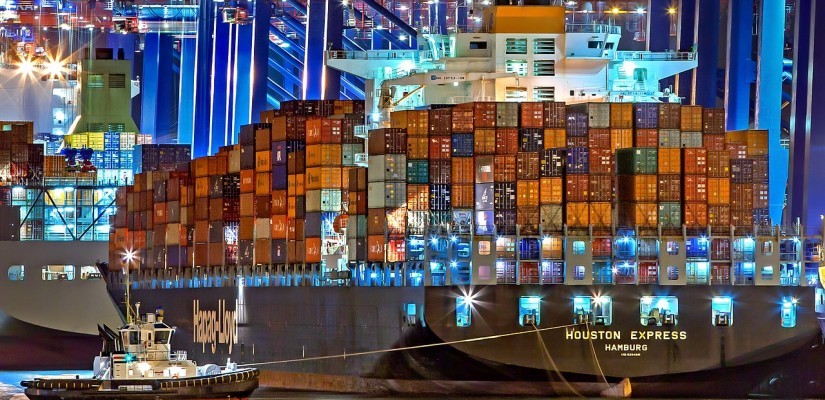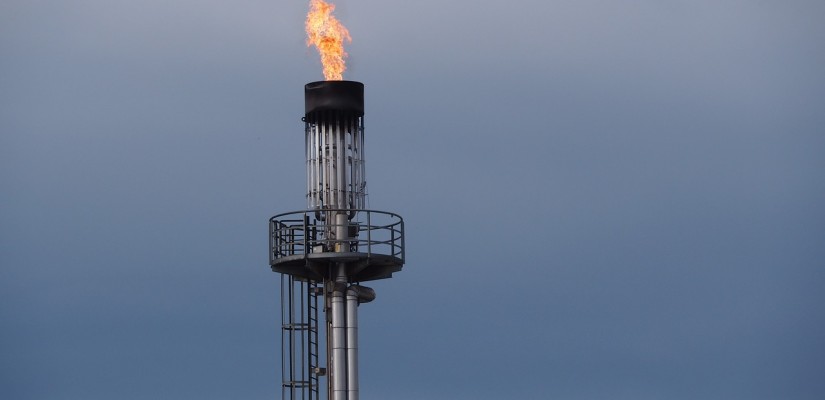According to an October 22 article in The Wall Street Journal, German Chancellor Angela Merkel offered government support to the construction of a liquefied natural gas (LNG) shipping terminal in northern Germany that would serve as a key import hub for American natural gas. The move constitutes something of a concession for the Chancellor, which speaks to the difficulties of managing of Germany’s position in a shifting world order. It is also believed to be something of a victory for USA President Donald Trump, who has been criticizing German energy policy in recent months and forcefully advocating for increased adoption of American natural gas.
Europe imported 408.7 billion cubic meters of natural gas in 2017 (up from roughly 387 bcm in 2016). Given this level of demand, it is little surprise that President Trump views it as a key market for American supplies. He is not the only one that sees its importance. While Russia is the largest supplier of natural gas to Europe (shipping roughly 40% of total imports), Norway, Qatar, and Algeria all hold sizable shares of the import market. The US President is trying enter a crowded field and there are key political goals driving this effort.

From a strategic perspective, control of a nation’s energy offers a significant form of leverage. Current American rhetoric focuses on the threat that such an “energy weapon” might pose towards Europe if left in Russian hands, but it cannot have escaped notice that such a capability could also be a strategic asset of American policy. The position of “energy powerhouse” is one that comes with a special kind of influence and with the recent shale boom that has led to a massive upswing in energy production in the United States, which now has the potential to be not just a significant consumer of energy, but also a key supplier. This possibility has not been lost in this administration, which has capitalized on American energy exportation as a key aspect of its foreign policy.
By becoming the dominant player in a market, potential rivals can be potentially left out. If the US were to make strong headway into European energy markets, then such gains would come in part at the expense of rival players such as Iran and Russia. Iran in particular has been a target of this administration, which reimposes previous sanctions and rejected the Joint Comprehensive Plan of Action (JCPOA) on the Iranian nuclear program. Furthermore, by threatening to sanction European companies that do business with Iran, this administration further isolates Iran from the European market and forces the European countries to meet their energy needs elsewhere. It is a very effective way to eliminate an adversary from an important global market, and it is by no means absurd to believe that this was the Trump policy on Iran all along.
To the end of promoting the US as an alternative to Russia, Iran, and others, Trump blasted European reliance on Russian gas during his September speech at the UN General Assembly. He claimed that nations that rely on a single supplier leave themselves open to extortion and intimidation, singling out Poland as a nation worthy of emulation for helping to build more pipelines and naming Germany as one that was on track to place itself under “complete Russian dependency”. Further hammering home the point, he placed a special emphasis on American willingness to “Export our abundant, affordable supply of oil, clean coal, and natural gas.”

Russia has spoken out against the US involving itself in the European natural gas market, claiming that American supplies are not sufficiently economical to be of much use. While they are not disinterested parties to this competition, it is true that their gas supplies can be transported to Europe more cheaply than American supplies. However, this might not matter for reasons both short-term and long-term. In the short-term, summer drought has led to some of the lowest water levels in years in Europe, uncovering “drought stones” from centuries ago and limiting cargo flows on Europe’s network of rivers. Given this reduced ability to transport goods up and down key river networks like the Rhine, local stockpiles of heating oil, natural gas, and other key energy resources are low. Any sudden cold snap could send prices for heat and energy soaring. Such an occurrence, coming after months of stonewalling American natural gas access to European markets would be an unfortunate turn of events for Merkel at a time when she and other European leaders are already facing serious political challenges from the onslaught of populism. While Merkel’s move will not have any effect on the price of natural gas this winter, it does head off what could be an embarrassing line of attack at a time when she is perceived as being weaker than ever.
Merkel supposedly claims that this effort is a “strategic” move. She is not wrong. In the long-term, Germany needs to maintain an energy supply that is resilient to disruptions and can weather the upheavals of a world that is being increasingly defined by geopolitical tensions. The degree to which American natural gas can fuel European energy infrastructure is important, but even more so is the necessity of maintaining strategic flexibility in energy supplies and of making concessions to keep key allies to keep them happy and willing partners in an ongoing alliance. If this gesture continues to ensure American support for Germany’s position, then it can be considered a success.
